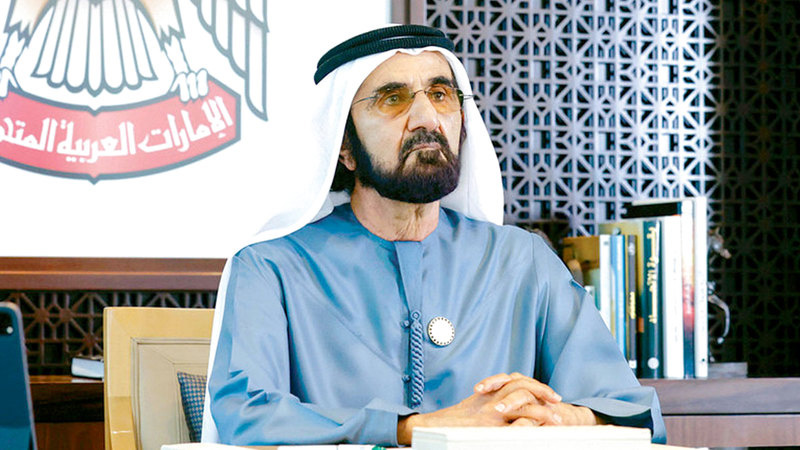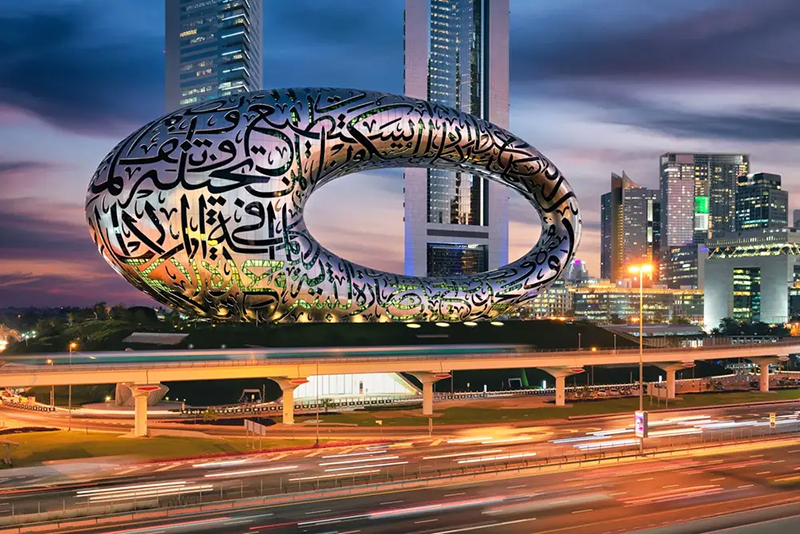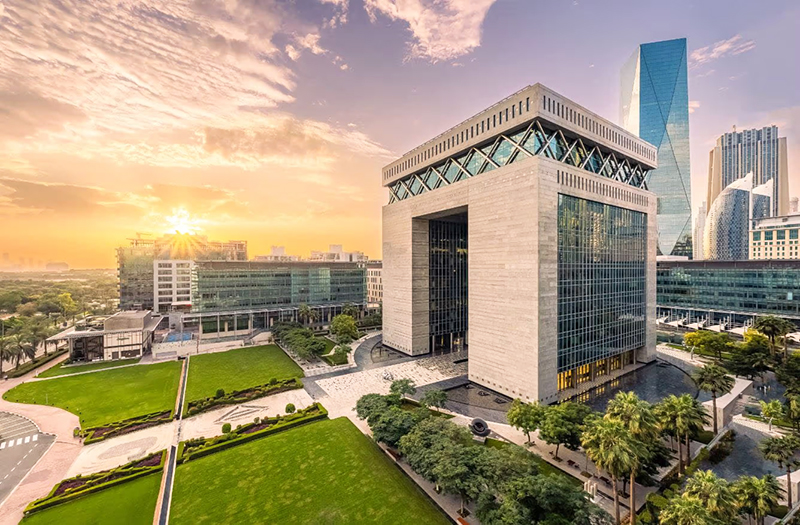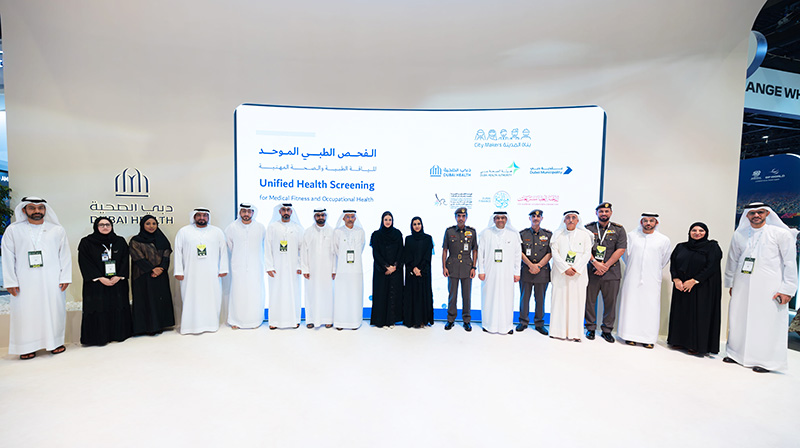
The United Arab Emirates has once again demonstrated its growing influence on the global economic stage. In the first half of 2025, the country’s non-oil foreign trade soared to an unprecedented AED 1.7 trillion—a 24.5% increase compared to the same period in 2024. This remarkable achievement comes at a time when global trade growth has hovered around a modest 1.75%.
His Highness Sheikh Mohammed bin Rashid Al Maktoum, Vice President, Prime Minister of the UAE, and Ruler of Dubai, shared the announcement on social media, emphasizing that the nation, under the leadership of President His Highness Sheikh Mohamed bin Zayed Al Nahyan, continues to scale new heights in global prominence as a trusted trade partner and gateway for international commerce.
“The numbers reflect not only strong trade performance but also the unprecedented development led by my brother Mohamed bin Zayed,” Sheikh Mohammed wrote. “The future promises even greater achievements, God willing.”
Unprecedented Expansion Across Key Trade Partners
The UAE’s trade relationships are thriving at an impressive rate. The first half of 2025 witnessed massive trade growth with major global economies:
-
Switzerland: up by 120%
-
India: up by 33%
-
Turkey: up by 41%
-
USA: up by 29%
-
China: up by 15%
This surge cements the UAE’s position as a leading hub for global trade.
Non-Oil Exports Reach Historic Milestone
Non-oil exports emerged as the standout contributor, hitting AED 369.5 billion in just six months—a record 44.7% increase from H1 2024, and an 80% rise from H1 2023. Compared to the same period in 2019, exports have jumped over 210%, exceeding triple the figures recorded in 2020 and 2019.
These results mark the first time non-oil exports have contributed over 21.4% to the UAE’s total non-oil trade—a significant leap from 16.4% in 2023 and 18.4% in 2024.
Strategic Trade Partnerships Drive Growth
Key markets such as Switzerland, India, and Turkey dominated the UAE’s non-oil export destinations in the first half of 2025. Notably, exports to countries with which the UAE has signed Comprehensive Economic Partnership Agreements (CEPAs) reached AED 85.02 billion, a 62.8% increase and representing 23% of total non-oil exports.
Among them:
-
India received AED 51.45 billion, almost double the amount from 2024.
-
Turkey followed with AED 27.2 billion, a 24.1% increase.
Exports to these CEPA partners have tripled compared to 2021–2022, and are now more than four times the volume recorded in 2019.
Re-exports and Imports Also See Strong Momentum
Re-export activities surged to AED 389 billion—an increase of 14% year-on-year and over 25% compared to 2022. Re-exports to the top 10 trading partners grew by 16.5%, while those to other countries rose by 12%.
Meanwhile, the UAE’s non-oil imports reached AED 969.3 billion, up by 22.5% from H1 2024. Imports from the top 10 partners rose by 20.8%, while the rest of the world accounted for 24.3% growth.
Comprehensive Growth Across Global Partnerships
Trade with the UAE’s top 10 trading partners surged by 25.5% in the first half of 2025. Noteworthy increases include:
-
India: +33.9%
-
China: +15.6%
-
Switzerland: +120%
-
Saudi Arabia: +21.3%
-
Turkey: +41.4%
-
USA: +29%
France also entered the UAE’s top 10 trade partners for the first time this year.
Fruitful Outcomes of CEPA Program
The UAE’s bold CEPA program—designed to broaden the country’s global trade network—has started to deliver transformative results. With 28 agreements signed and 10 already in effect, UAE products and services now have streamlined access to markets with a combined population of over 3 billion consumers.
The UAE’s extraordinary performance in non-oil foreign trade is a clear reflection of its diversified, forward-thinking economic policies. As the country continues to cement its role as a global trade powerhouse, the outlook for the rest of 2025 and beyond remains highly optimistic.
Under strong and visionary leadership, the UAE isn’t just growing—it’s redefining what global trade success looks like.









